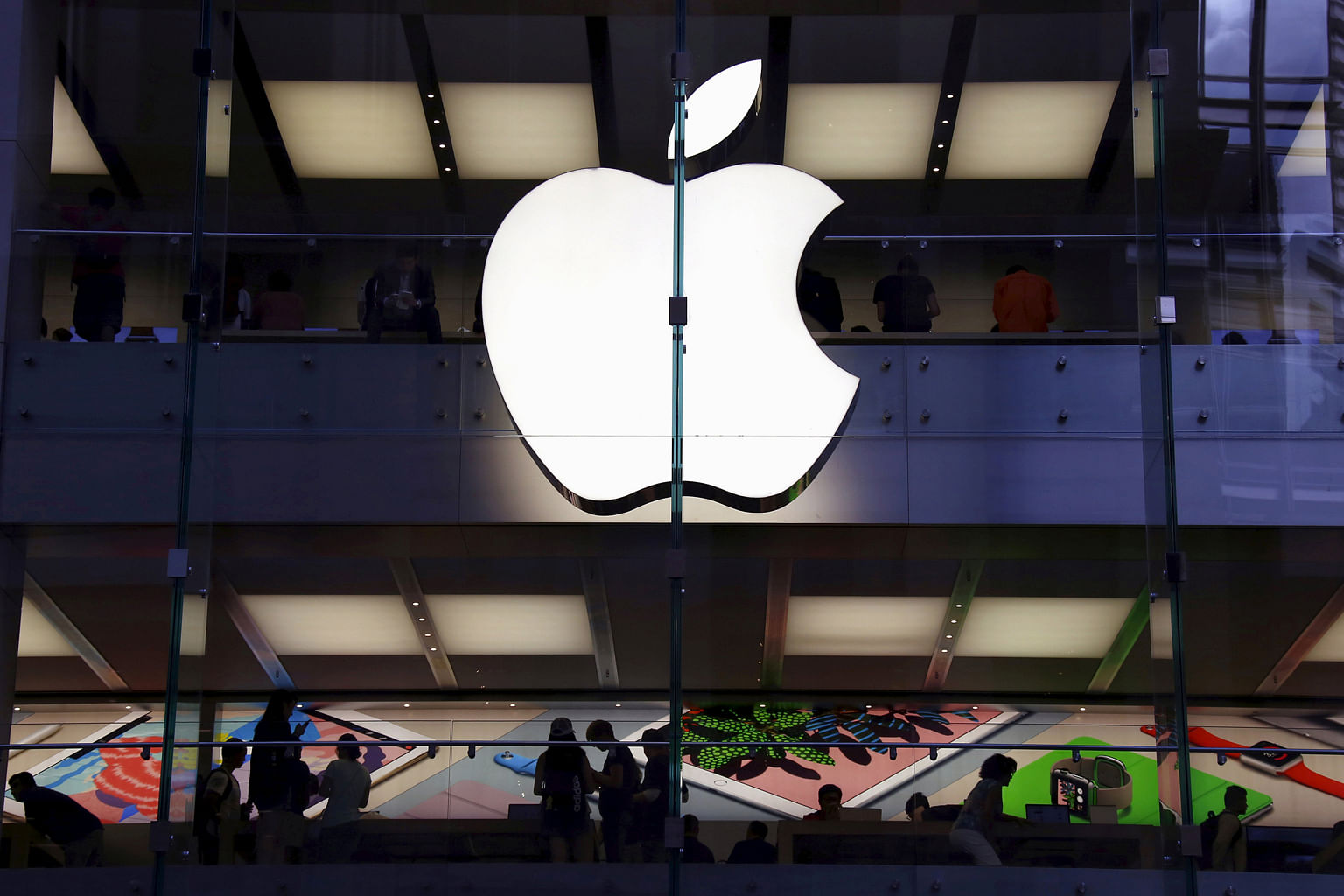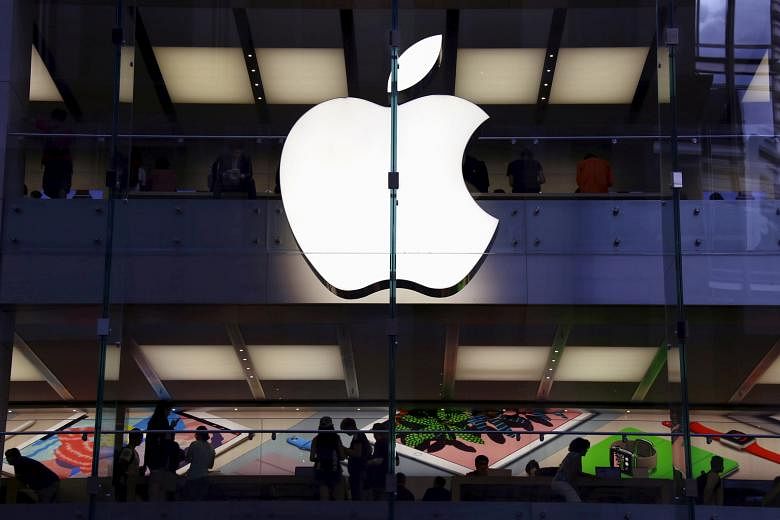As goes January, so goes the entire market year, according to a well-known stock market adage. But if you had followed that adage last year, it could have cost you a bundle.
Last January was brutal for investors. Within the first 10 trading days, global equity markets had lost more than US$4 trillion (S$5.8 trillion) as sentiment was hammered by a plummeting Shanghai stock market and crashing oil prices.
So if an investor had been strongly influenced by the observation that the trading trend for the rest of the year would mirror January's sell-off, he would have sold every stock he owned and stayed out of the market.
But that would have turned out to have been very costly. Stock markets across the globe reached their nadir the following month. And despite a flurry of sell-offs following the Brexit vote in June and a couple of jitters ahead of the November United States presidential election, share prices never again visited the lows touched in February.
In fact, if an investor had stayed fully invested, he would come out a winner, especially in markets such as the US, where stock indexes like the Dow Jones Industrial Average and S&P 500 partied to record highs following the election of real estate developer Donald Trump as US president.

Even investors here would have been better off staying in the markets. While the benchmark Straits Times Index had been under water for much of the year, it ended the year pretty much where it started in January.
And the biggest winners among investors? Certainly not some high-flying hedge fund managers. As Britain's Financial Times noted, quite a few of these celebrity investors picked stocks that performed so poorly that they would have struggled to summon worse trades even if they had tried to do so deliberately.
Instead, the prize for outperformance - at least on the local front - went to value investors. Many saw treasure among the pool of low price-to-book ratio blue chips such as DBS Group Holdings and continued to courageously plough their hard-earned savings into them, even as others were giving these stocks a wide berth.
They were handsomely rewarded when the previously unloved financial stocks got a fillip following Mr Trump's election win.
He had promised to dismantle some of the extra regulations that have been hobbling banks since the global financial crisis eight years ago - and put an end to the rock bottom interest rates that have hurt lending margins.
So, as the new trading year starts today, what sort of strategy should investors adopt?
Before attempting to answer the question, it is worthwhile to flag some of the concerns preoccupying investors. Some old worries never quite go away.
One is the impact rising US interest rates will have on the legion of dollar-denominated bonds issued by corporate borrowers around the region, as the costs of borrowing in greenback become dearer.
As it is, there was a rude awakening in the Singapore high-yield corporate bond market last year as offshore engineering firm Swiber Holdings went into judicial management while a couple of other listed firms such as Swissco defaulted on interest payments.
There is a related worry - the resurgence of a strong greenback amid Fed rate rises and the negative impact this is having on regional currencies such as the Indonesian rupiah, Malaysian ringgit and the Chinese yuan.
Investors have been swopping out of them into US dollars with risky consequences.
In particular, the drain on China's huge reserves is a big concern. In the first 10 months of last year alone, Beijing reportedly spent an estimated US$530 billion to fend off attacks on the yuan.
These concerns bring back chilling memories of the Asian financial crisis from 1997 to 1998 when regional companies went kaput because they were unable to service their US dollar debts with business revenue generated in plummeting local currency.
There has already been talk that some Asian countries may try to impose a form of capital control if only to stem the flood of foreign funds out of their economies.
The redeeming grace is that there is, so far, no mention of any country going down the route of making a deliberate currency devaluation. That was the mistake made during the Asian financial crisis when some of the affected countries pursued a "beggar thy neighbour" policy by devaluing their currencies first in the hope that this would encourage speculators to attack other currencies instead.
If the worries on the currency front are not serious enough, there is also the concern that Mr Trump may be more assertive in confronting China on issues, from trade to the South China Sea.
Given the open nature of Singapore's economy, which depends on free trade, and its struggles with issues like structural change, labour constraints and productivity challenges, this sabre-rattling is not going to sound like music to investors' ears.
Given all these concerns, it is not surprising to find investors eyeing Wall Street rather than regional markets to make their next big wager on stocks.
One incentive for buying US stocks - especially companies sitting on a cash hoard overseas, such as Apple - is Mr Trump's promise to change the corporate tax code to give companies a tax holiday on this cash. The hope is that these companies will bring back the money and use the proceeds to buy back their shares.
But staying completely out of the local market may also be a mistake as those investors, who sold their holdings in January last year, discovered when bank shares started their rally last month.
This may finally be the year when an investor can make a big difference on his portfolio with his stock picking skills, after spending years second-guessing how the actions of major central banks such as the US Fed and European Central Bank would impact the stock market.
The recent market rally here was led mostly by bank stocks but this resulted in some shares being left behind. That, in the eyes of stock pickers, will provide opportunities for patient investors to buy into quality companies that have stayed out of fashion.
As investors' risk appetites revive, there is always the prospect that some of these quality firms may become takeover targets. Last year's flurry of takeovers of companies like Super Group and ARA Asset Management may well be a harbinger of what is to come.
Above all, it is worthwhile to keep some cash handy. One big lesson from last year is just how unpredictable the stock market can be - hence the need to have some cash to buy stocks worth holding for the long term if they suffer a temporary sell-off during a correction.
There are no lack of uncertainties in the coming months that may give the market convulsions, such as the weakening yuan, the French presidential elections and further Fed rate hikes.
If recent history is anything to go by, such turbulence will allow investors to scoop up blue chips at a bargain. Happy New Year and bountiful investing ahead.


